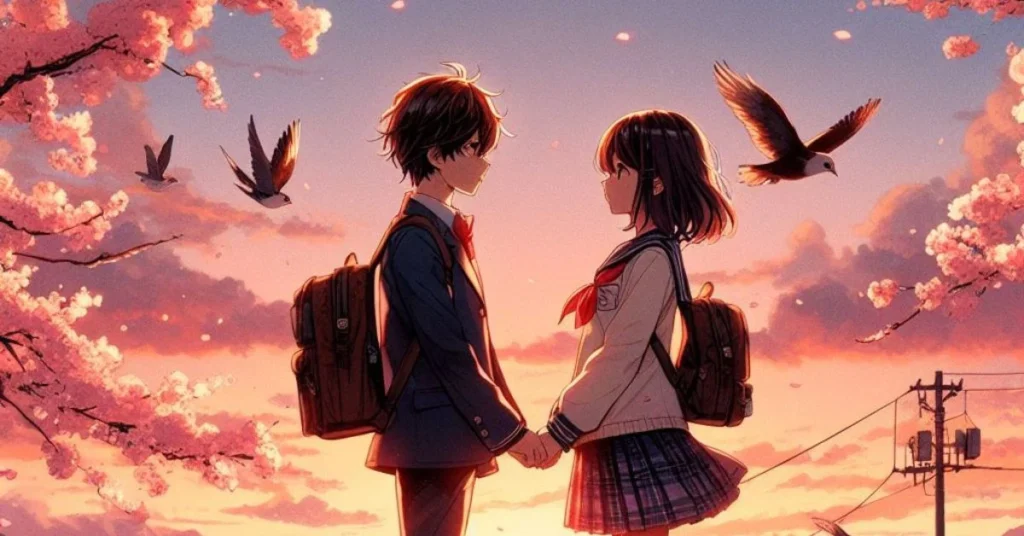Introduction
The name Manganato often comes up when manga fans look for free and easy ways to read manga online, and from the first mention it raises big questions about access and legality. Many users once turned to Manganato for a vast library of manga and webtoons. But as more people become aware of copyright issues and site shutdowns, the story of Manganato becomes more cautionary than celebratory.
What Exactly is Manganato?
When people talk about Manganato, they refer to an online site (and related apps) that offered free access to thousands of manga, manhwa and light novel chapters without standard licensing. The platform gained popularity because it seemed to bypass paywalls and traditional publishing constraints. However, because of its free model and ambiguous licensing, Manganato also attracted legal scrutiny and was subject to shutdown discussions.

The Rise and Usage of Manganato
In its peak phase, Manganato was widely used by readers who appreciated having large libraries, frequent chapter updates, and many genres all in one place. The site and its mobile apps promised “millions of content” and quick access across devices, making it an appealing alternative to traditional subscription services.
From my own experience: I once bookmarked a few ongoing series on Manganato because they updated daily, and it felt convenient—until the site stopped working and I had to scramble to find alternate sources. That moment underscored how reliant many readers had become on this platform.
Legal and Ethical Concerns Surrounding Manganato
The model of Manganato raised serious concerns in the manga and publishing industry. Because many titles on the site were shared without formal licensing, major publishers began efforts to act against such sites. Reports suggest the shutdown of Manganato was part of a broader crackdown on piracy websites, impacting readers and creators alike.
These developments forced many fans to reconsider their reading habits and be more deliberate about using legal alternatives.

The Impact of Manganato’s Shutdown
When Manganato went offline or became inaccessible for many users, it triggered a wave of discussion across the community. The shutdown not only disrupted reading routines but also prompted conversations about respecting creator rights, exploring sustainable platforms and building more stable libraries.
For readers like me, losing access was frustrating—but it also served as a reminder to support creators and shift toward legal, reliable sources.
Alternatives and Safe Options Beyond Manganato
If you’re looking beyond Manganato, there are many legal platforms where you can read manga, often with official licensing and support for creators. Features to look for include:
- Licensed chapters with updates in sync with Japan.
- Transparent payment or ad models that support creators.
- Reliable apps and web readers with good UX.
Making the switch may involve a small cost or different interface compared to Manganato, but it offers long-term stability and peace of mind.
How Manganato Changed Reader Habits
The existence and popularity of Manganato showed how readers value accessibility, variety and speed of updates. Many readers developed habits of hopping between sites, bookmarking series, and reading late at night thanks to such platforms.
At the same time, the disruption caused by shutdowns forced readers to adapt: some began paying for official services, others started downloading legal digital copies, and some shifted into manga fandoms and forums where sharing recommendations became more important.

Key Features That Made Manganato Popular
There were several features that drew users to Manganato in large numbers:
- Massive library across genres including action, romance, fantasy, horror.
- Free access (or very low cost) leading to mass adoption.
- Simple reading interface with search, bookmarks, mobile support.
- Frequent updates of popular series, sometimes faster than other legal platforms.
Though these features were appealing, the trade-offs—in terms of legality and long-term viability—became clear over time.
Challenges for Platforms Like Manganato
Running a platform like Manganato involves many challenges:
- Legal risk from publishers for hosting unlicensed content.
- Server and domain seizures or takedowns impacting availability.
- Uncertain business model if relying solely on ads or unsupported access.
- Reputation risk and reader trust when sites vanish or redirect.
These obstacles help explain why many readers are now cautious about using such platforms and why licensing and official services are gaining more attention.

Future of Manga Access: Lessons from Manganato
The story of Manganato carries lessons for future manga platforms and readers:
- Accessibility is key—but so is legality. Readers increasingly expect both.
- Platforms must support creators and rights-holders to remain sustainable.
- Reader communities can help by sharing legal alternatives, promoting transparency and helping each other navigate access options.
- Technology (apps, web viewers, cross-device sync) remains important—but the content source and licensing matter most in the long run.
As manga becomes more global, the balance between access, cost, and creator support will shape how platforms evolve beyond the era of Manganato-style services.
Two Valuable Insights
Insight 1: My experience using an unofficial site like Manganato taught me that convenience often comes with hidden risks—when a platform disappears, you lose not just reading access but also bookmarks, preferences and trust in the reading routine.
Insight 2: I realized that paying even a small subscription for a legal platform felt different—it felt like investing in the community, respecting creators and getting reliable service. That shift in mindset changed how I view reading digital content now.

Frequently Asked Questions (FAQs)
Q1: Is it still available?
A1: Many readers report that it is no longer accessible in its original form, with domains either down or redirected due to legal pressure.
Q2: Why was it taken down?
A2: The shutdown is tied to increased publisher enforcement and legal actions against websites distributing manga without proper licensing.
Q3: Are there safe alternatives to it?
A3: Yes—several licensed manga platforms now provide official access, subscriptions or ad-based models and support creators.
Q4: Can I trust bookmarks and saved lists from Manganato?
A4: Given the site’s instability and domain changes, relying on such data is risky—saving copies or switching platforms is safer.
Q5: What should I look for in a legal manga platform?
A5: Transparent licensing, update frequency, cross-device support, good reading interface, and support for creators or rights-holders.
Conclusion
It played a significant role in how manga readers accessed content online—it showed the demand for free, vast libraries and quick updates. Yet its shutdown and the legal realities behind it based a strong message: accessible reading must also be sustainable and legal.
For many readers, the era of it is a reminder that convenience isn’t everything—supporting creators, choosing stable platforms and adapting reading habits matter too. As digital manga continues to grow globally, the lessons from it’s rise and fall will help guide what readers choose and what platforms become.
Whether you’re new to manga or a long-time fan, seeking a reliable, legal and enjoyable reading experience is key—because in the end what matters is not just reading the story, but supporting the story-makers behind it.


